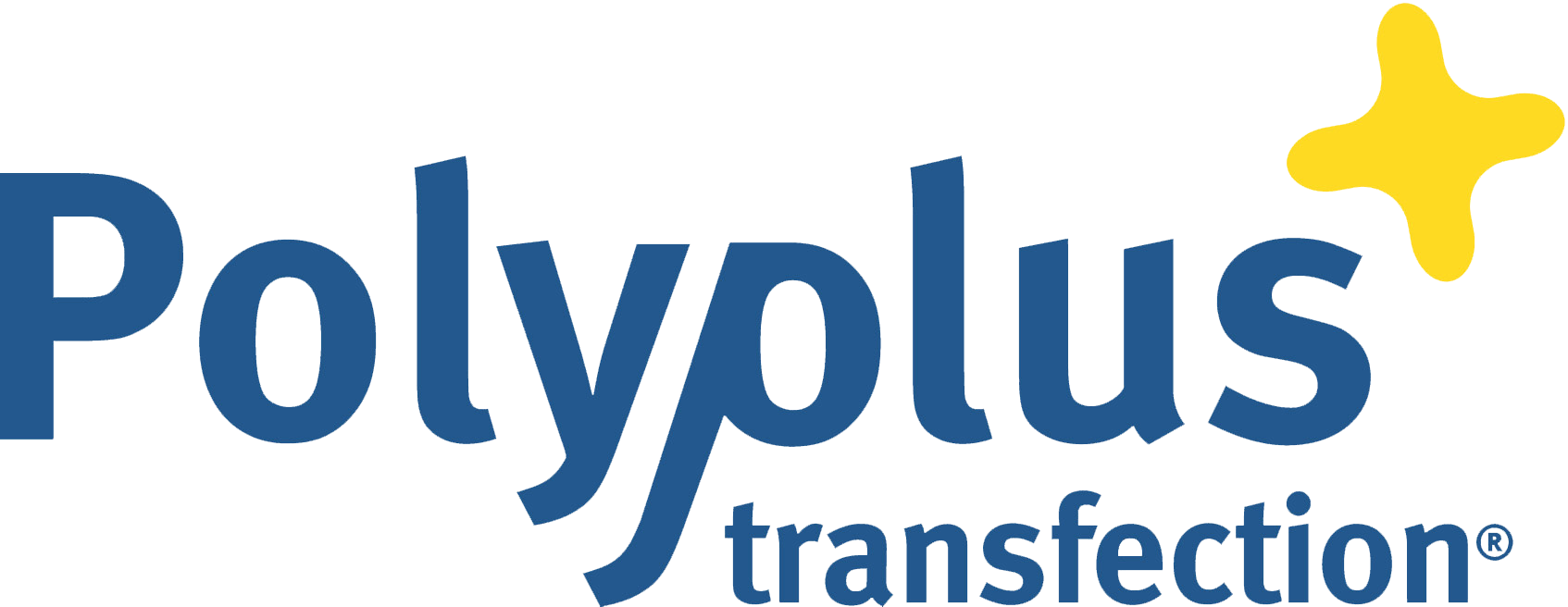Sponsor:

In this webinar we will share with the audience VIVEbiotech´s approach for developing lentiviral vectors from very early stages to GMP, considering highly relevant aspects such as scalability, regulatory compliance, and cost-effectiveness. Different manufacturing steps such as transient transfection using the PEIpro® reagent from Polyplus-transfection will be described.
Attendees will grow their understanding of
- LVV production requirements for scalability, regulatory compliance, and cost-effectiveness from early stages through to GMP.
- How an optimized production process can be adapted to several intermediate scales, streamlining various developmental phases.
- How to integrally manage LVV quality throughout the duration of the development project.
- Quality being a key feature of suitability for the final product, we will also overview concepts of quality control and quality assurance.
Claire Wartel, PhD
Director of Quality and Compliance, Polyplus-transfection
Claire owns a Ph.D. in Molecular Pharmacology and Pharmacochemistry from the University of Strasbourg (France, 1999). After several post-docs in different prestigious universities, Claire joined Polyplus-transfection in 2004 as Cell Biology project leader and participated in the development of our flagship product jetPRIME®. Claire has taken Quality responsibility since 2007, and nowadays manages the department of Quality and Regulatory Affairs.
Natalia Elizalde, PhD
Business Development Director, VIVEviotech
Graduate in Pharmacy, developing her end of degree project at UCLH Hospital in London. Afterwards, she was awarded a European PhD as a result of a Thesis (University of Navarra; Oxford University) focused on the Long-term effects of Chronic mild stress over behaviour and neurobiological markers (Extraordinary Doctorate award). After her PhD, Natalia has specialised in Business Development in the Biotech sector for 10 years, assuming various roles as Business Development Manager in a biotech Company specialized in the zebrafish animal model and as Head of Business Development at a CDMO Developing and Manufacturing Biologicals and Cell Therapy products. Natalia is responsible for VIVEbiotech's Business Development strategy with respect to the International market.
Rakel Lopez de Maturana
Qualified Person, VIVEBiotech
Doctor in Pharmacy (2003, University of Leeds). She started off her research activity in Pharmacology, studying the structure and function of G protein-coupled receptors (GPCRs) (Leeds, 1998-2002, MRC Edinburgh, 2002-2004). She has investigated the mechanisms of pathogenicity in neurodegenerative diseases for more than 10 years; first in Alzheimer’s disease (CIMA University of Navarra, 2005-2009) and later in Parkinson’s disease (Inbiomed Foundation and VIVEbioTECH, San Sebastian-Donostia, 2009-2016).
Rakel has Qualified Person status at VIVEbiotech.




